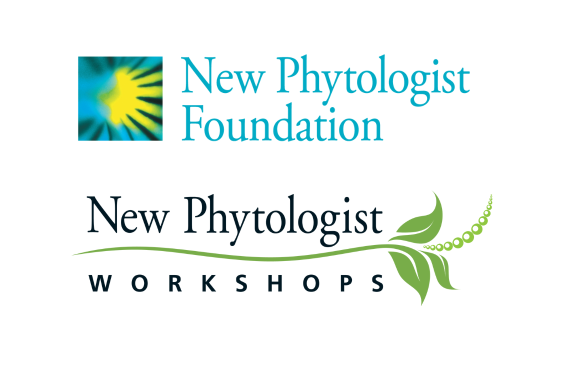Goal
Bring together scientists representing diverse interest groups focused on the ecology and evolution of peatmosses (Sphagnum); specifically: genomics, plant physiology, peatland ecology, climate change. Summarise the current state of knowledge and develop a research agenda that integrates these fields and prepares the community to leverage the sequencing efforts of the Sphagnum spp. genome.
Rational and scope
Sphagnum (peatmoss) is a genus of plants (Bryophyta) that are quintessential ecosystem engineers; peatmosses dominate wetland ecosystems where they occur, especially in the Boreal zone of the Northern Hemisphere, and are largely responsible for the structure and function of these ecosystems. Northern peatlands are estimated to harbor some 30-50% of the terrestrial carbon pool because they accumulate huge deposits of partially decomposed plant material (peat). For this reason peatmosses are crucial determinants of present and future climate.
Sphagnum and peatlands have long served as a model for work on niche partitioning and community assembly, and more recently they have taken the spotlight in climate change research. The Joint Genome Institute (U.S. Department of Energy) recently accepted our proposal (Shaw, Weston, PIs) to generate a genome sequence for a representative species of Sphagnum, along with complementary transcriptome analyses from plants grown under experimental treatments differing in nutrient, water, and temperature conditions. This will be the first plant genome sequenced specifically for carbon cycle research. Weston and Shaw have research underway to obtain genome and transcriptome sequences from additional Sphagnum species; previous research has shown that Sphagnum species differ in important functional traits that scale up to affect ecosystem-level processes.
The anticipated availability of genomic data for Sphagnum provides an unprecedented opportunity to link genome structure and gene expression with whole-plant functional traits, and through these traits to global biogeochemistry and climate. Our proposed workshop will bring together inter-disciplinary representatives from the genomic sciences, systems biology, physiology, peatland ecology, and climate research. Our general goal is to assess what we currently know about peatmoss ecology and evolution, what we need to know in order to fully leverage our genomic knowledge about these organisms for inferences about climate, and together as a diverse group develop the most effective research program applying basic knowledge to climate change predictions.
Organising Committee
Jonathan Shaw (Duke University, Durham, NC, USA)
David Weston (Oak Ridge National Laboratory, Oak Ridge, TN, USA)
Merritt Turetsky (University of Guelph, Guelph, Ontario, Canada)
Programme
Download the preliminary programme.


